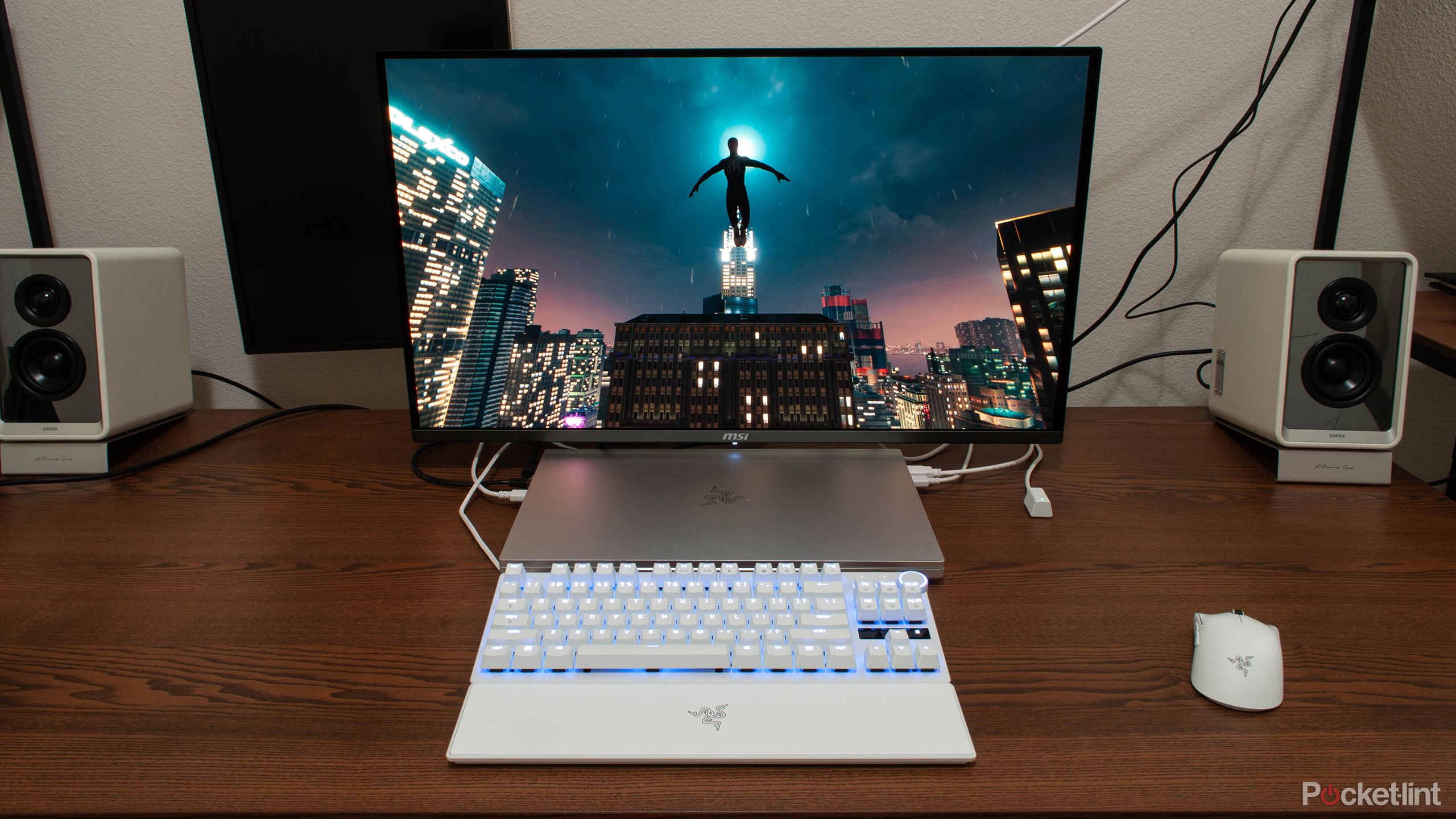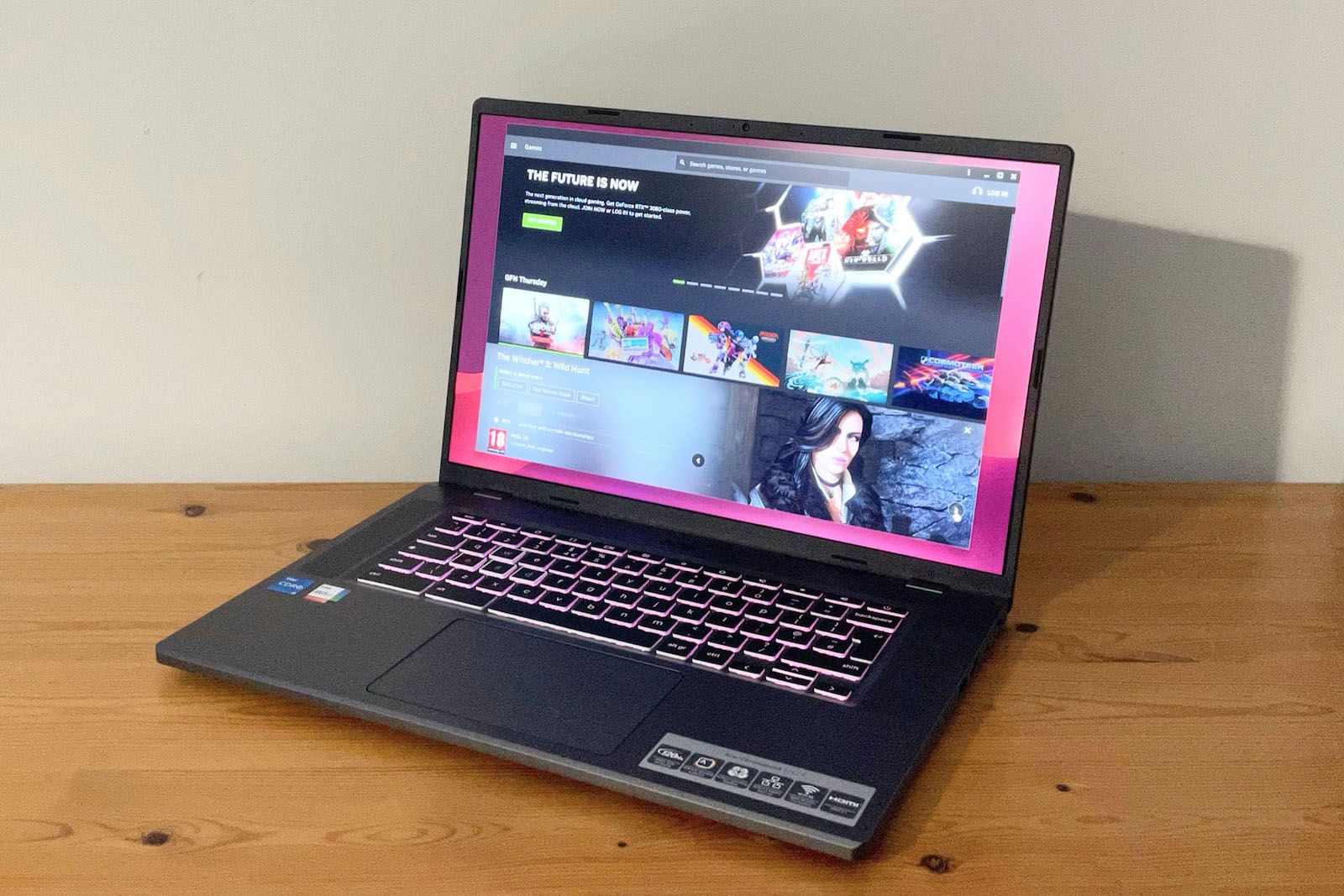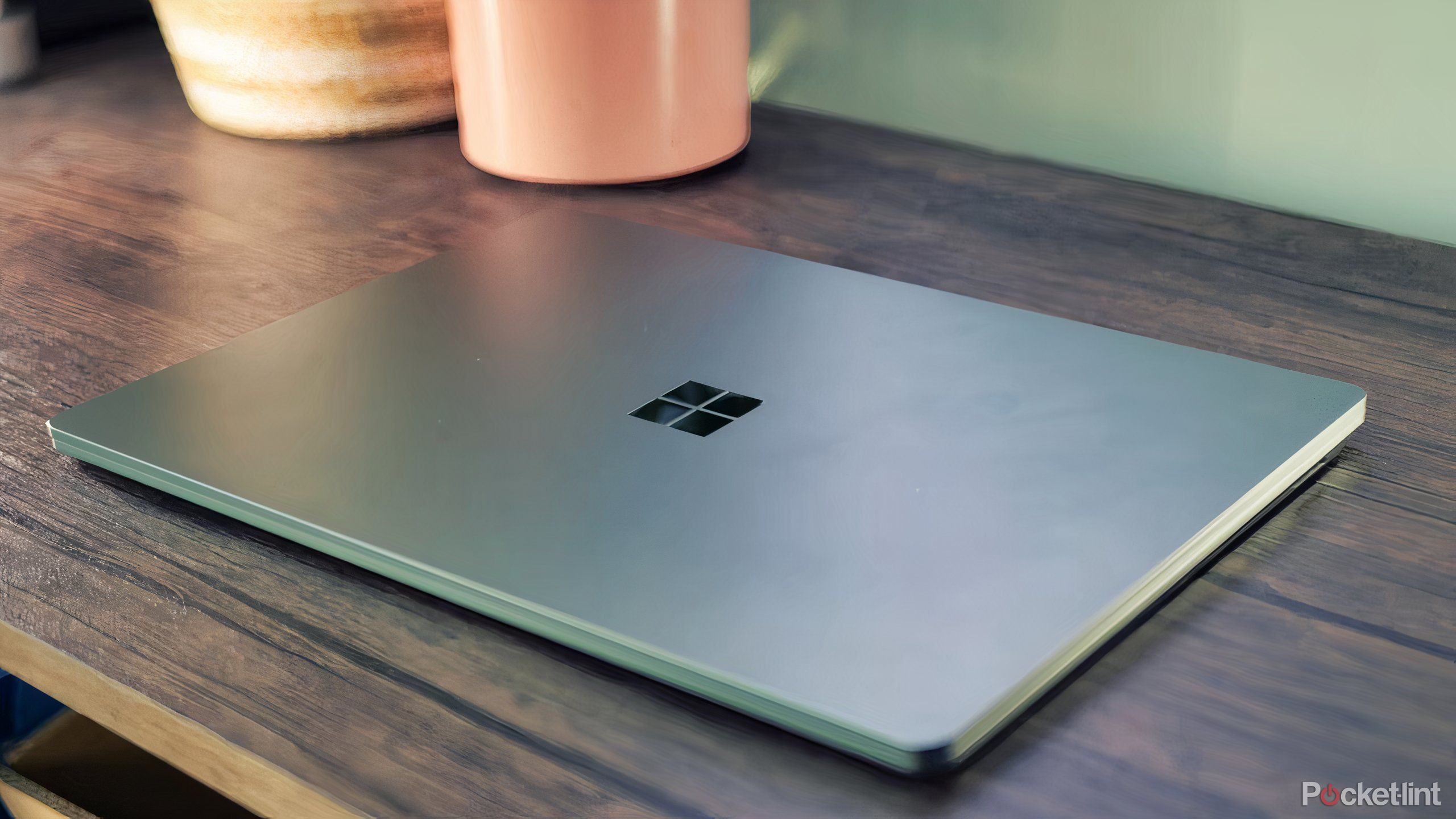Key Takeaways
- Chromebooks run ChromeOS, which is heavily online-based and not compatible with Mac or Windows apps.
- They also have scaled-back specs compared to most laptops, the tradeoff being a lower cost.
- Most shoppers should choose a regular laptop for better performance and flexibility.
It’s easy to understand why someone would assume Chromebooks are like any other laptop, except for the label. They look identical and come from many of the PC brands we’re used to, such as Acer, ASUS, and HP. Heck, Google’s Chrome browser is synonymous with the web for many people — even on machines preloaded with Microsoft Edge or Apple Safari.
In reality, there are some significant differences — you shouldn’t automatically pick up a Chromebook just because it’s the cheapest machine on the shelf. It could be a great savings coup, but it could also be an utter disappointment if your expectations aren’t in check.
Software differences
The biggest deviation
Whereas most laptops run some version of Windows or macOS, Chromebooks run Google’s ChromeOS. I should note that while there is an open-source variant called ChromiumOS, you’re probably not going to find that on a machine sold at a retail shop. ChromeOS is actually built on top of ChromiumOS.
These names are, of course, a reference to Google’s Chrome browser, which is the centerpiece of the platform and underpins a lot of its framework. Chromebooks are built to be used online — although some apps will still work without an internet connection, most of the functions are dependent on the web. The tradeoff is that Chromebooks are very “light,” requiring relatively minimal specs to boot fast and run smoothly.
Chromebooks are built to be used online.
How is using a Chromebook different from a regular laptop?
The ChromeOS interface is similar to Windows or macOS, but unique and may take some time to get used to. Indeed, a strong focus these days is actually on downloading Android apps from the Google Play Store. It might seem strange, but it’s handy for gaming — it lets you play well-known titles like Minecraft, Limbo, and Stardew Valley. I’ll talk more about gaming in the next section.
An advantage of Google’s approach is central management. It’s often easier for schools and businesses to deploy a fleet of Chromebooks rather than regular laptops because much of the ChromeOS experience is web-based to begin with.
 Hardware differences
Hardware differences
A Chromebook shares the same basic components as most laptops: a CPU, RAM, local storage, a built-in keyboard, and so forth. It may or may not have features like an SD card slot or a touchscreen, depending on the model. While a number of models feature flipping or rotating displays, it’s not inherent to the format.
Chromebooks couldn’t keep up with Windows games even if there was a way to run them on-device.
What is often inherent is reduced specs. Since ChromeOS doesn’t require that much power to run, it’s possible to keep the cost of Chromebooks low by scaling back processor and memory technology. Any AMD or Intel chips used tend to focus more on energy efficiency than speed, and you’ll sometimes encounter mobile-oriented chip brands instead, like MediaTek. RAM is frequently capped at eight or even 4GB, despite 16GB being the norm on Windows laptops. Internal storage is likely to fall between 64 and 256GB, so you’re not going to accumulate massive app or media libraries.
Don’t believe the gaming Chromebook hype
SEGA / Creative Assembly
Gaming is a sore point. While Chromebooks can run Android games, they’re simply unable to play many of the titles available on Windows laptops. It’s not just about OS compatibility, either — with weak CPUs, low RAM, and an absence of dedicated GPUs, Chromebooks couldn’t keep up even if there was bulletproof Windows virtualization.
There are “gaming” Chromebooks, but while some of their specs are improved, they’re really oriented around cloud services like Xbox Cloud Gaming and GeForce Now. If you’re familiar with those, you know it means monthly subscription fees and hoping your internet connection is rock-solid — congestion or a weak signal can create unplayable input lag. You probably won’t be playing any fast-paced multiplayer shooters.
Cloud games run on remote servers. Locally, all you’re seeing is video that accepts keyboard/controller input.
 Should you buy a Chromebook or a laptop?
Should you buy a Chromebook or a laptop?
Most people should stick with a Windows- or Mac-based laptop. The cost is higher, but the performance and flexibility is often worth it, even for people with relatively casual demands for a computer. A Chromebook shouldn’t even be in the picture if you’re a hardcore PC gamer, or a professional involved in tasks like video editing, audio production, or 3D modeling. In those cases, you’ll need both more power and a platform that app developers actually support.

Consider a Chromebook only if most (if not all) of what you want to do involves the web. If, for example, you spend much of your workday using Gmail and a proprietary work portal then transition to personal browsing and video streaming at night, you’re not going to get much extra out of something like a MacBook Air, never mind a behemoth gaming rig from Lenovo or Razer. Depending on its build quality, a Chromebook may even last you longer, since you’re not asking much from it in the first place.
Trending Products

Cooler Master MasterBox Q300L Micro-ATX Tower with Magnetic Design Dust Filter, Transparent Acrylic Side Panel, Adjustable I/O & Fully Ventilated Airflow, Black (MCB-Q300L-KANN-S00)

ASUS TUF Gaming GT301 ZAKU II Edition ATX mid-Tower Compact case with Tempered Glass Side Panel, Honeycomb Front Panel…

ASUS TUF Gaming GT501 Mid-Tower Computer Case for up to EATX Motherboards with USB 3.0 Front Panel Cases GT501/GRY/WITH Handle

be quiet! Pure Base 500DX ATX Mid Tower PC case | ARGB | 3 Pre-Installed Pure Wings 2 Fans | Tempered Glass Window | Black | BGW37

ASUS ROG Strix Helios GX601 White Edition RGB Mid-Tower Computer Case for ATX/EATX Motherboards with tempered glass, aluminum frame, GPU braces, 420mm radiator support and Aura Sync

CORSAIR 7000D AIRFLOW Full-Tower ATX PC Case – High-Airflow Front Panel – Spacious Interior – Easy Cable Management – 3x 140mm AirGuide Fans with PWM Repeater Included – Black











